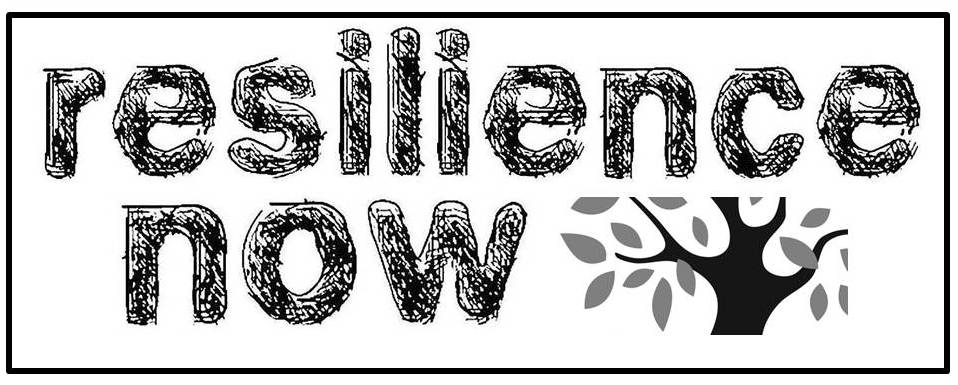Mapping of sustainable solutions
Resilience Now promotes the sharing of practices that help local communities improve their quality of life and reduce their pressure on natural resources. These practices are in the fields of agriculture, energy and income generation.They are sought within the country, as a solution already developped locally is a guarantee of its relevance and faisability.
Some of these practices have been identified and are shared below. This inventory is shared under two medias: a spreadsheet and an electronique map. The information is the same under the two medias. This inventory is not exhaustive and will have to be updated on a regular basis.
Map of sustainable practices in Rwanda
Click the menu box on the left to open and close different layers.
Please note that the localisation of some of the projects on the map is done with the administrative address, and therefore falls on the capital of the sector or the district.
Last update: Sept. 2017. For any correction please contact us.
Spreadsheet of sustainable practices in Rwanda
Photos of sustainable practices in Rwanda
Practices visited during a “Solutions worth Sharing” workshop in 2017. Numerous solutions were discovered by our beneficiaries: kitchen gardens, water storage and filtration, fodder culture, radical terraces, honey production…
 Loading...
Loading...
Map of sustainable practices in Burundi
All of the information provided on this map was collected in 2013.
Photos of sustainable practices in Burundi
Numerous solutions were discovered by the beneficiaries during the worskhop held in Burundi: beekeeping, improved cook stoves, loan and saving system and solidarity fund, family integrated farming system, 3 types of farming cooperatives, fungiculture, integrated fish farming, anti-erosion ditches, compost making, river bank stabilization and irrigation.
Solutions shared in Burundi (in French)
 Loading...
Loading...
 This project is run by Resilience Now, an international NGO which supports vulnerable communities improve their resilience in a context of natural resource depletion and climate change. RN looks for and promotes practices and technologies implemented locally, which both alleviate poverty and reduce pressure on natural resources.
This project is run by Resilience Now, an international NGO which supports vulnerable communities improve their resilience in a context of natural resource depletion and climate change. RN looks for and promotes practices and technologies implemented locally, which both alleviate poverty and reduce pressure on natural resources.

